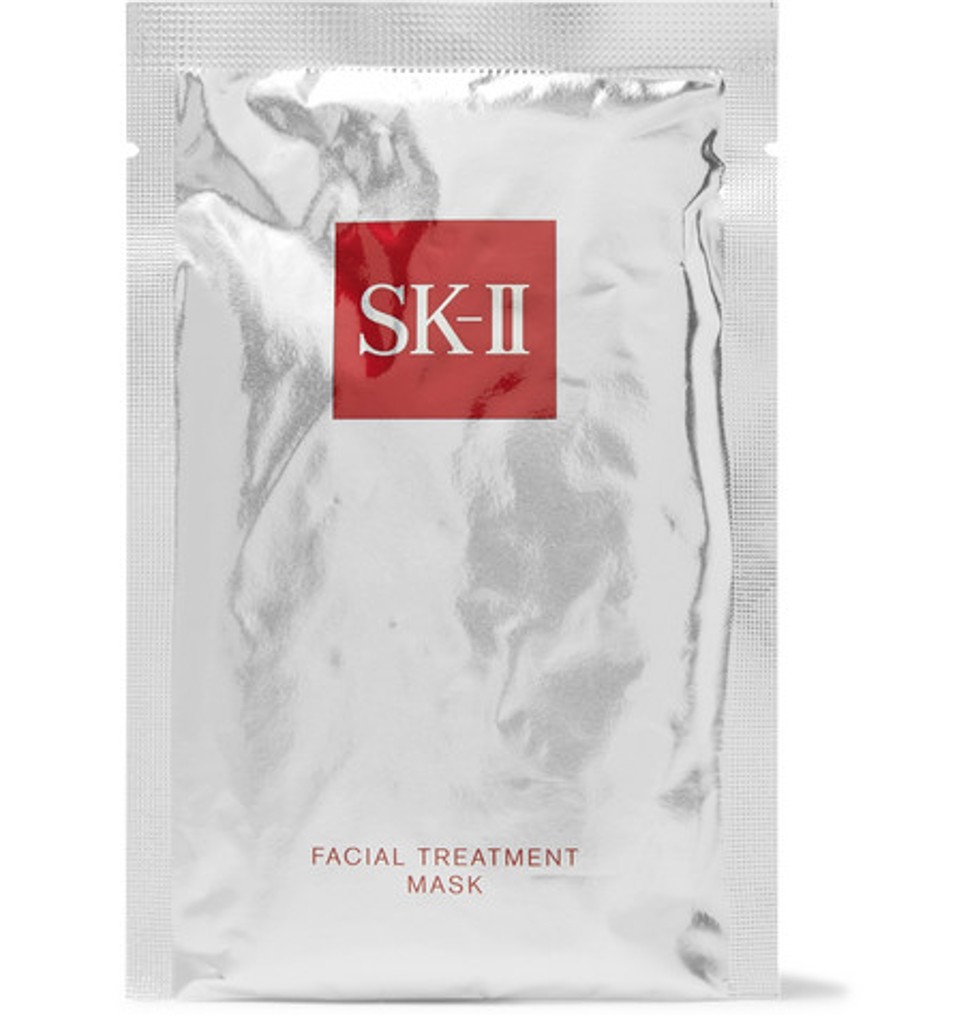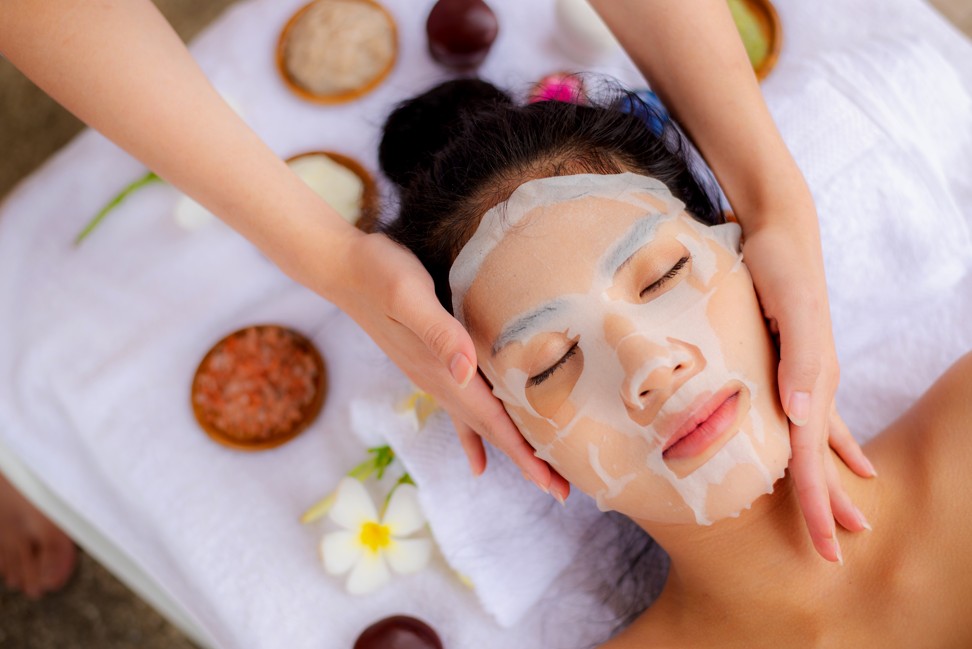Sheet masks are everywhere – but are the face masks worth the hype?

With cold weather and holiday-party make-up wreaking havoc on complexions, revellers might find themselves reaching for sheet masks to soothe their skin and provide a bit of relaxation.
“A sheet mask has become an important element of the self-care ritual,” says Larissa Jensen, a beauty industry analyst at market research firm NPD Group who confirmed that, within the prestige category, skincare face masks have nearly doubled in volume over the past five years, reaching US$205 million in sales in 2019.
Along the way, they have also turned into a mainstay within various avenues of wellness culture – where once they were found in high-end and luxury lines and Asian markets, these products now regularly turn up in Western supermarket checkout aisles. “It used to be more unique,” Jensen adds. “Now you can buy them anywhere.”

Ubiquity aside, it’s not clear whether they deliver on the hype. Sheet masks haven’t been the subject of much medical research, and dermatologists see limited benefit.
“The ingredients that are in a sheet mask are often very similar to those in a cleanser, toner, serum or moisturiser,” says dermatologist Arash Akhavan, founder of the Dermatology and Laser Group in Manhattan, New York. As with those products, a sheet mask can have an obvious effect on the appearance of your skin.
Collagen will also supply that instant boost, if only temporarily. The protein, which provides structure to skin and connective tissue within our bodies, is another trending ingredient in the beauty and wellness landscape. Though there are short-term, skin-deep benefits with sheet masks that incorporate collagen, they don’t build up over time.

“I would say, whether it’s topical or oral, the benefits [of collagen] are zero,” says Akhavan, although he has patients who “swear by it”.
“You can’t apply collagen to your face and have it incorporated into your actual collagen below the skin, or take oral collagen and have it somehow work itself into the collagen in your body,” the dermatologist says. “There’s nothing actually changing in the chemical or molecular structure of your skin.”
Graceanne Svendsen, a celebrity facialist – a beautician who specialises in treatments for the face – at Shafer Plastic Surgery in New York, says consistency and quality are key for getting the most out of sheet masks, as is choosing one that addresses your specific needs.
In practical application, that means not reaching for a purifying or oil-absorbing mask when your skin is parched. It also means not overdoing it in general. “Less is more,” Akhavan says. “If you have a 12-step regimen, you’re opening yourself up to potential irritation, allergic reactions, blemishes from congestion.”
“I don’t think you necessarily need to get the most expensive one because it’s going to be better – that’s not true of any skincare category. You just have to find out what works for you,” Akhavan says. He prefers products that prioritise natural ingredients and recommends steering clear of parabens (preservatives that can be found in a variety of topical products and can have an oestrogen-like effect on the body).
One related criticism of the sheet mask trend overall: it’s hardly cost-effective. You may get a similar benefit from wearing a mask for 10 minutes as you would from a good serum. But sheet masks are thrown out after every use, while you may get 60 applications out of a bottle.
“The short time a mask is on your face is really not enough time to have key active ingredients penetrate,” Akhavan says. “Is it any different than applying it with a serum or a moisturiser? It’s not.”
“Consumers are going to start wondering: can I recycle this material? Is it biodegradable? Could I compost it?” says David Tyrrell, a global skincare analyst at market research firm Mintel as well as a biochemist by training. “All those questions will be asked and more, and some of the larger brands are already putting it out there,” Tyrrell says. “The key would be cost acceptability.”
The bottom line is that sheet masks can provide a temporary boost – but at a greater financial and environmental cost than serums. “A mask periodically, if you find it relaxing or you’re preparing for an event where you want to look super hydrated and plump? Go for it,” Akhavan says. “But it’s not a necessary step in anyone’s routine.”
